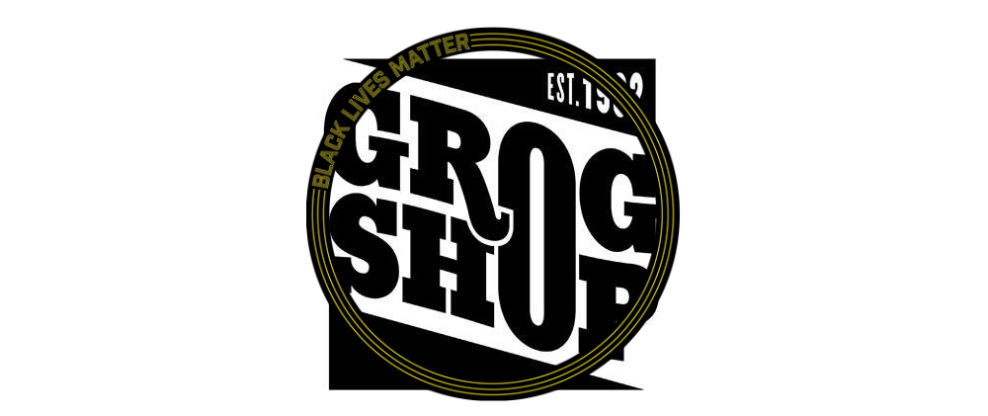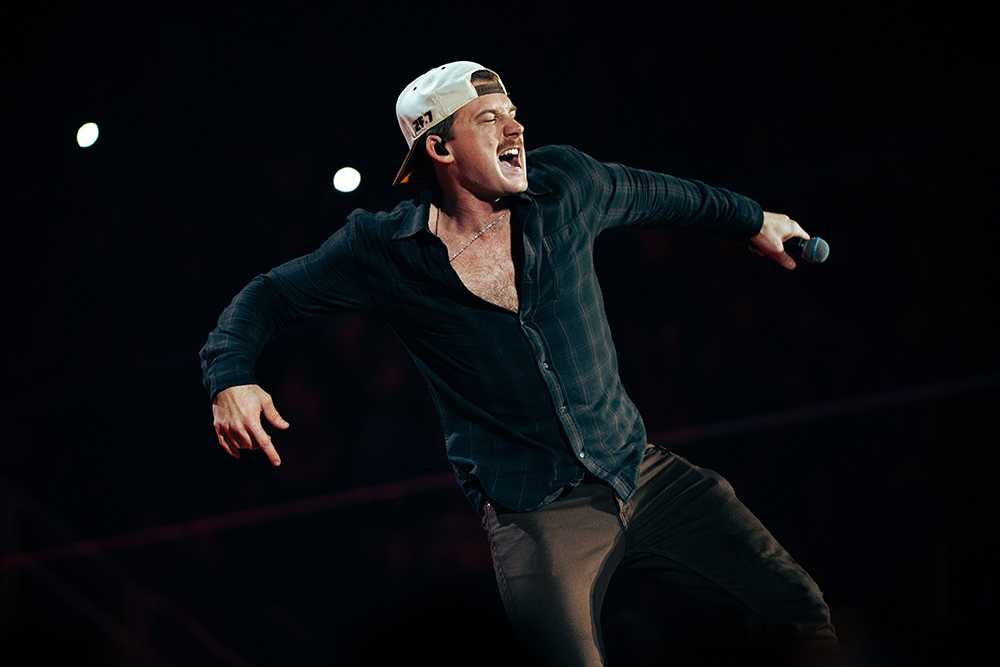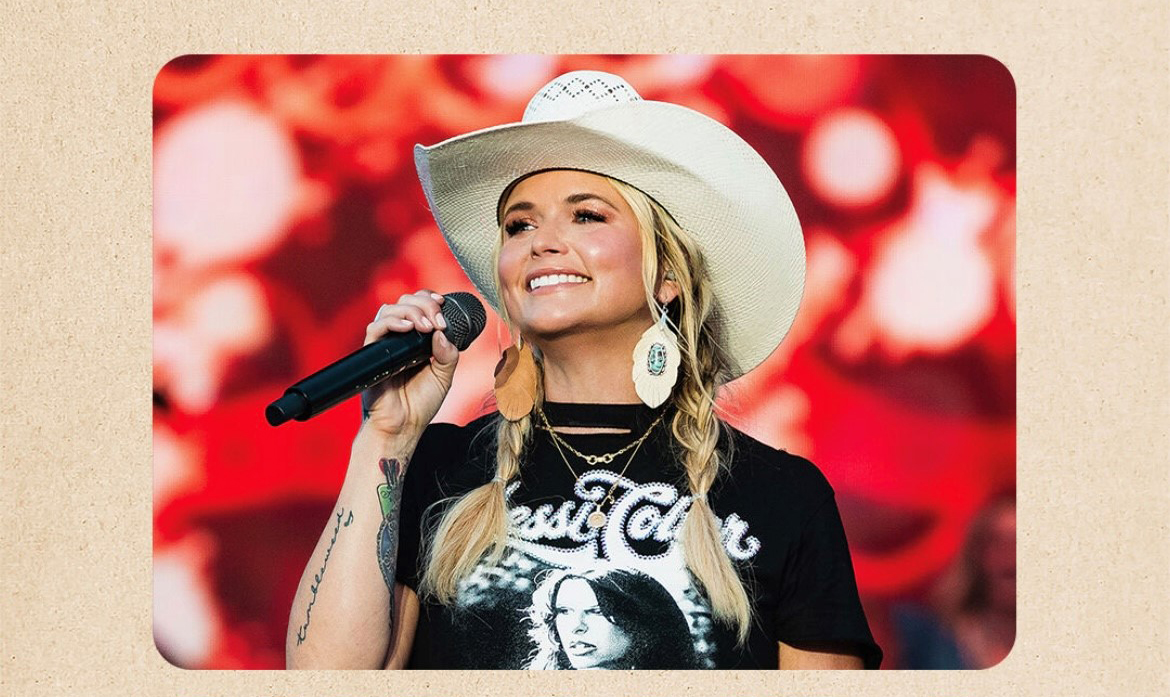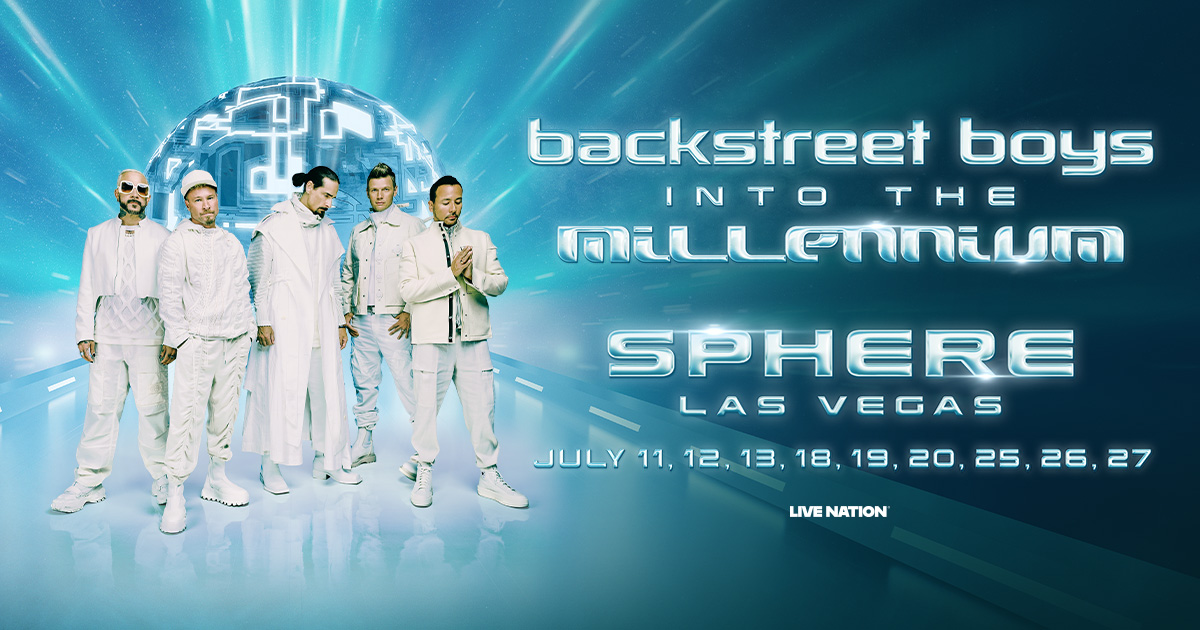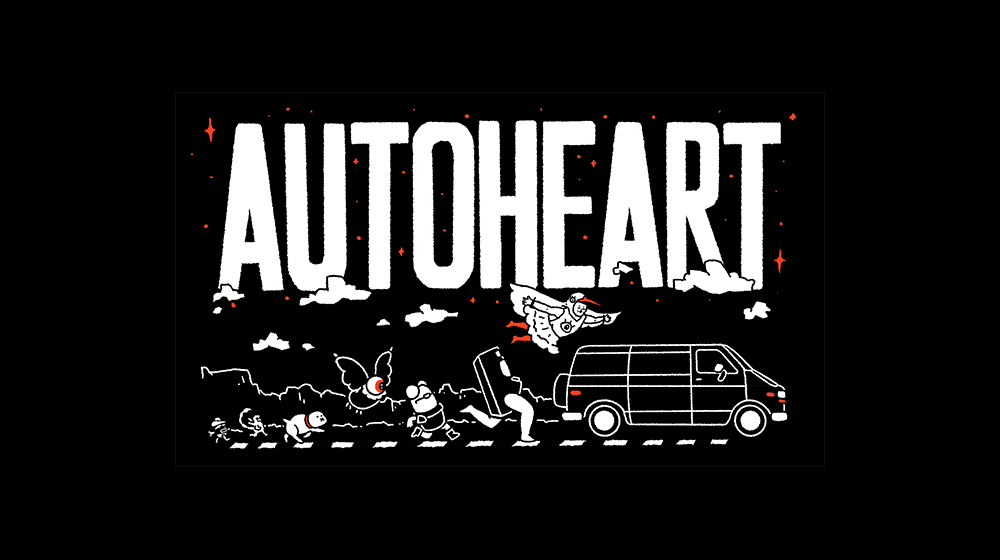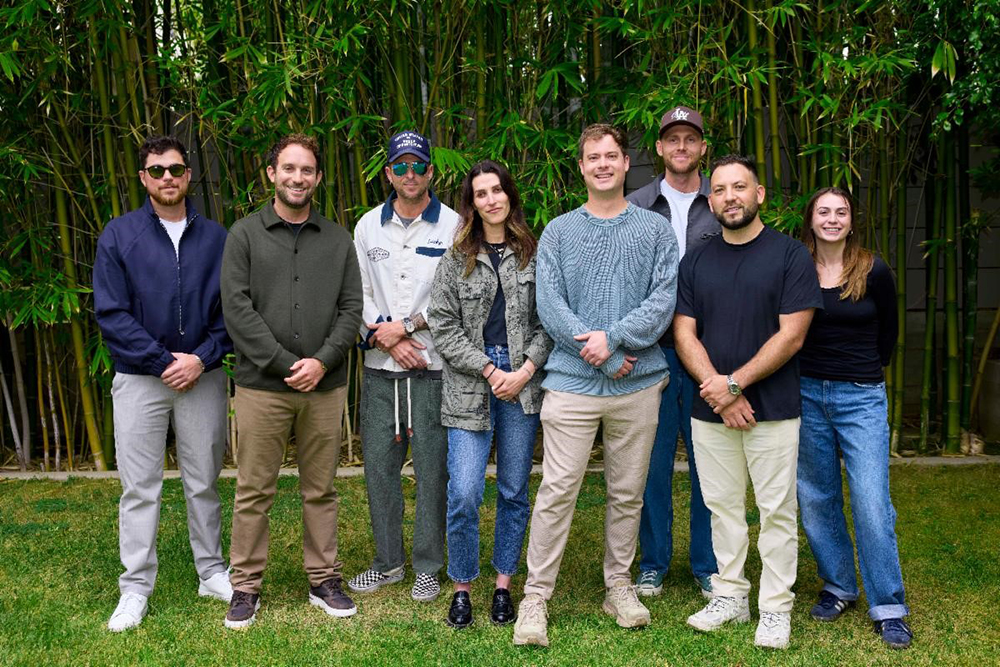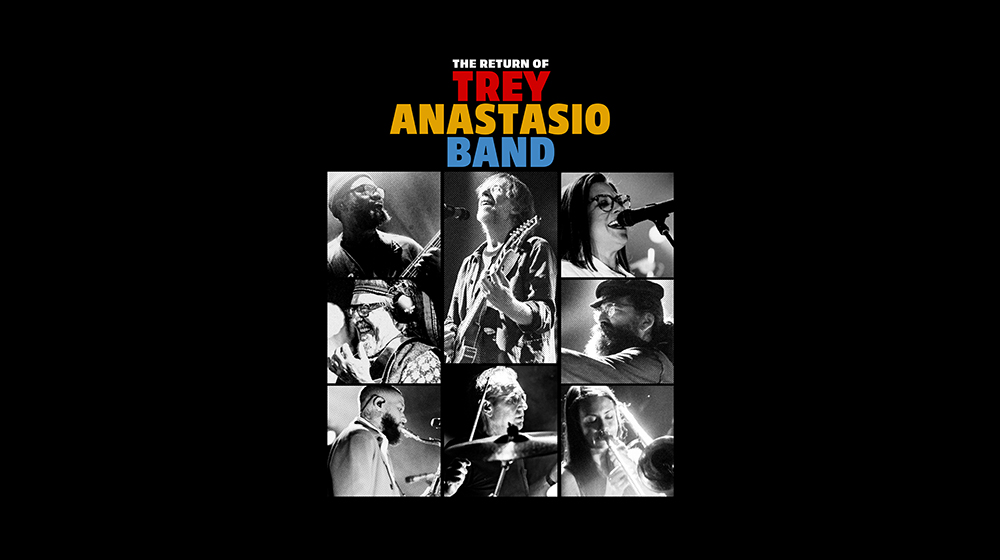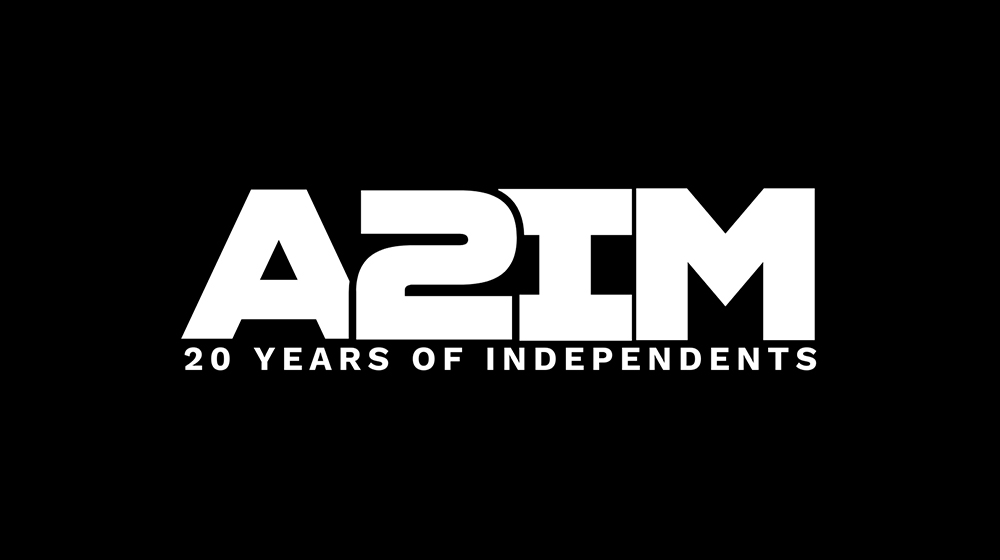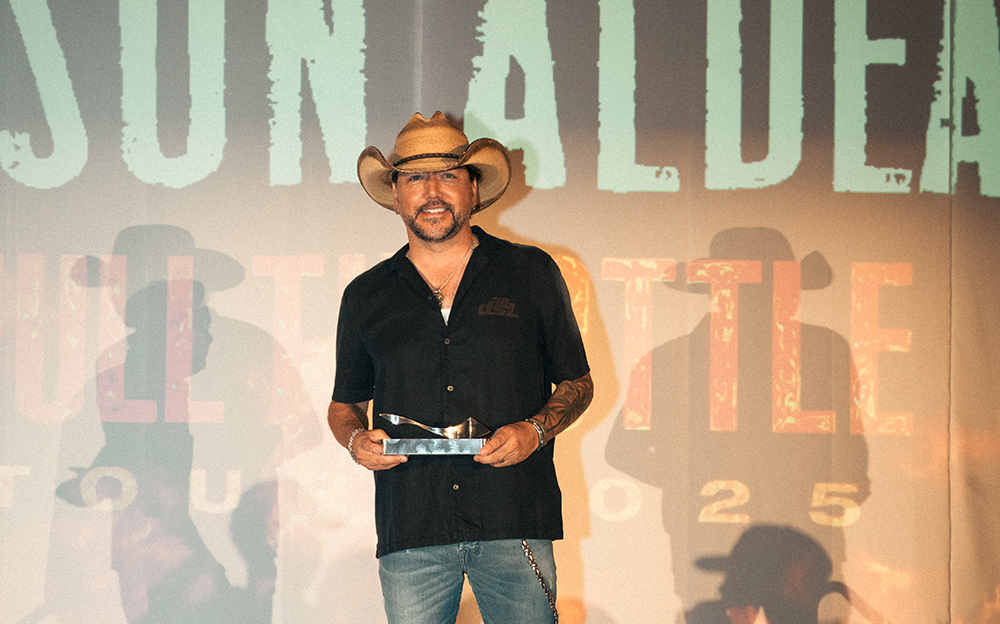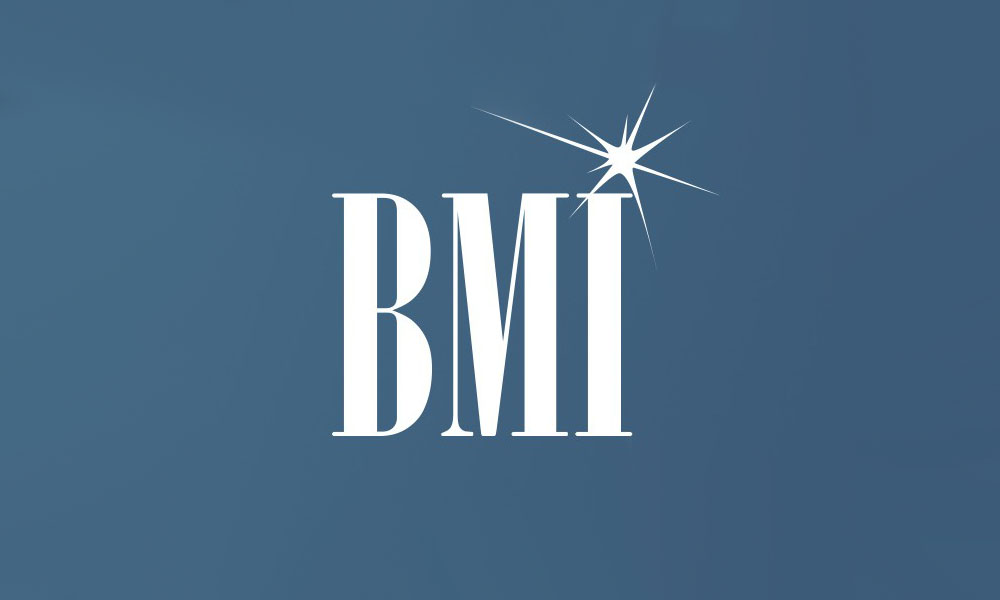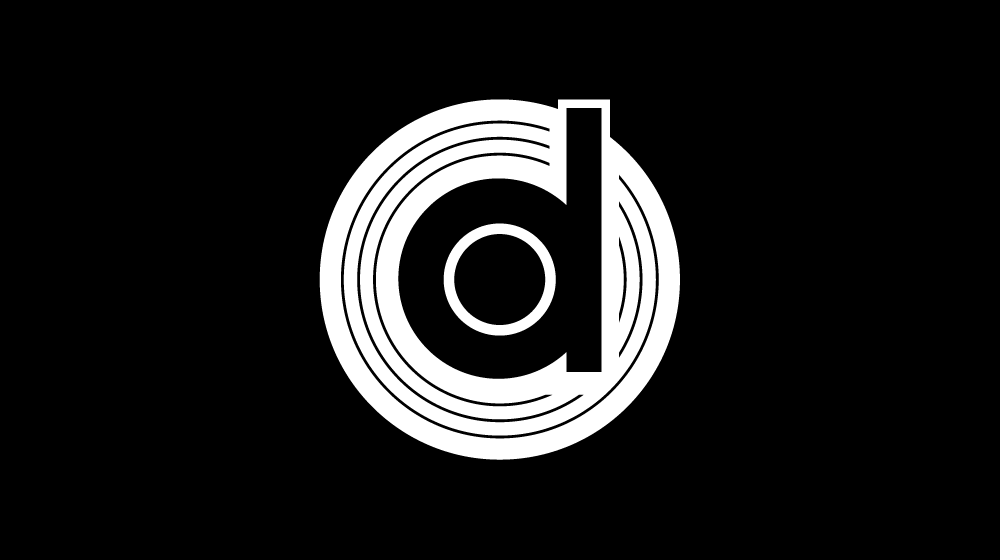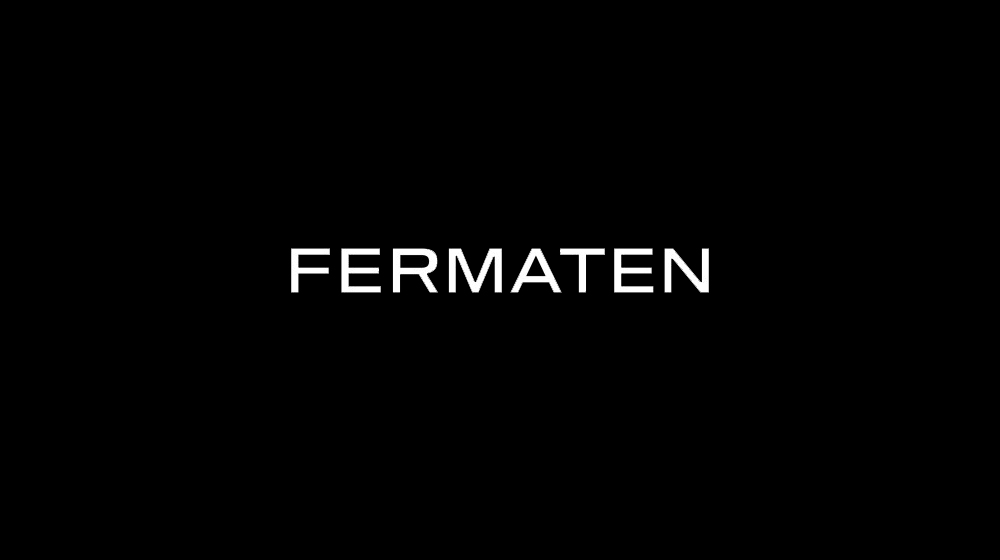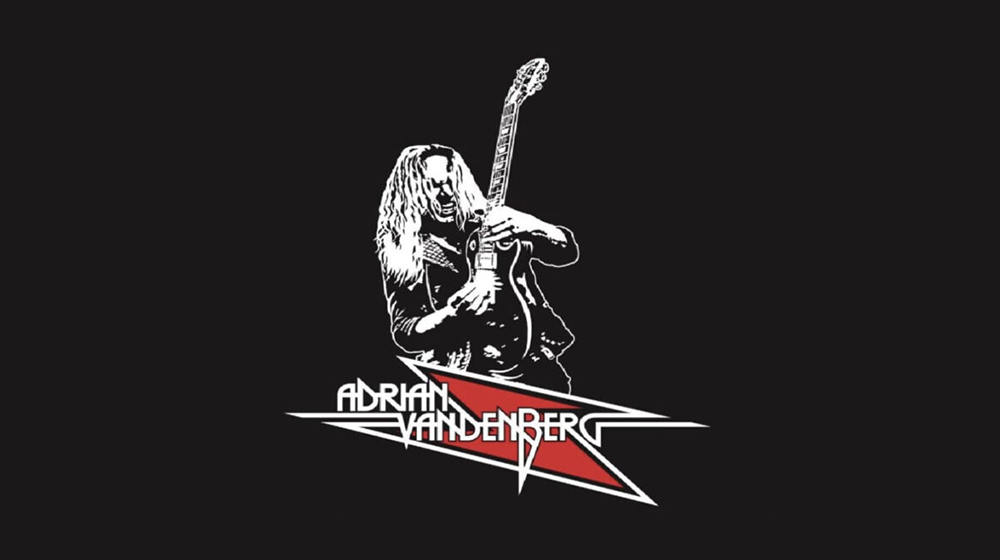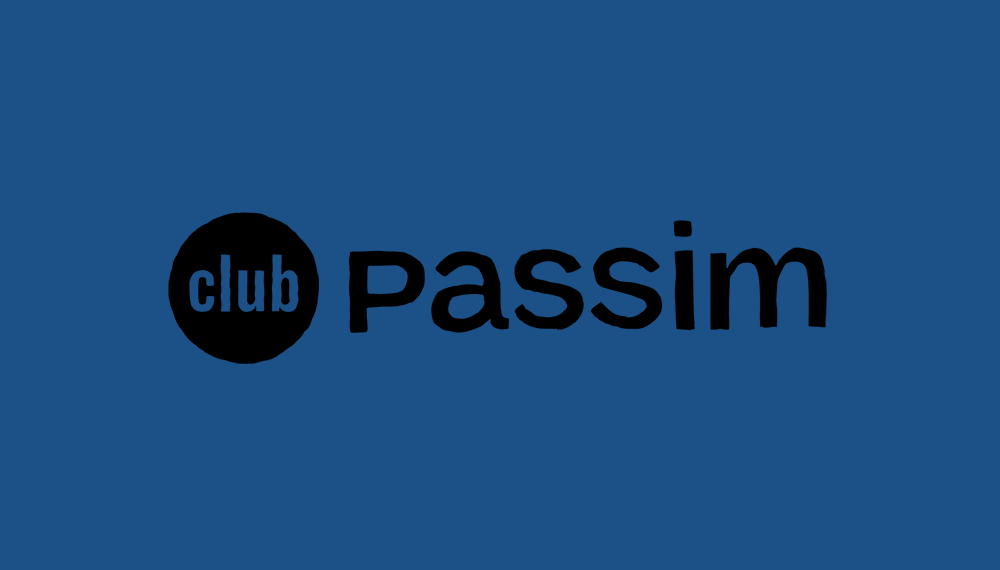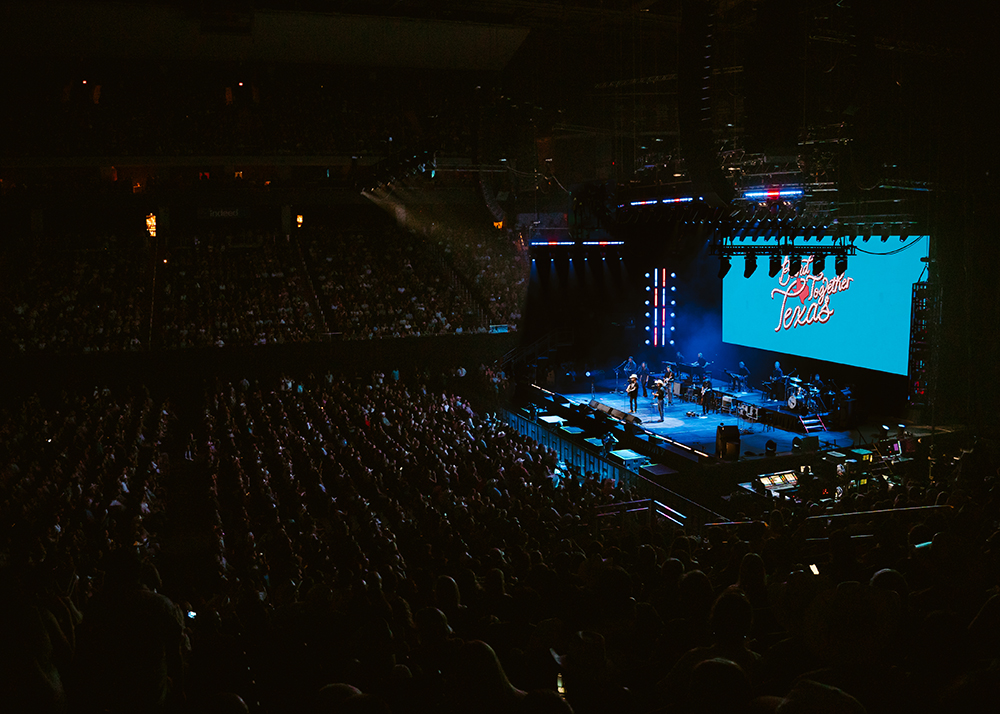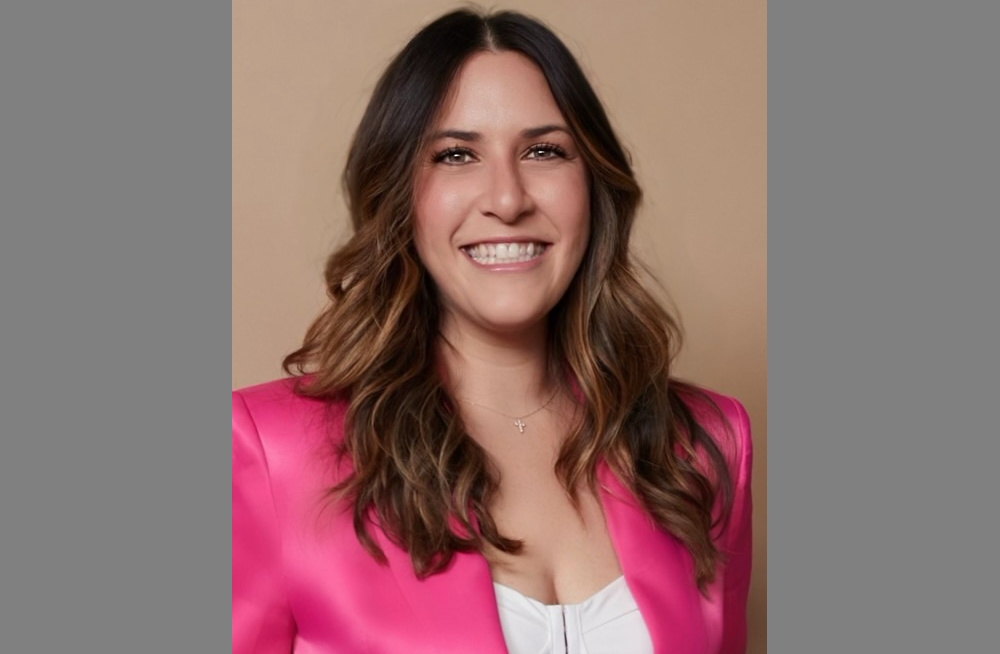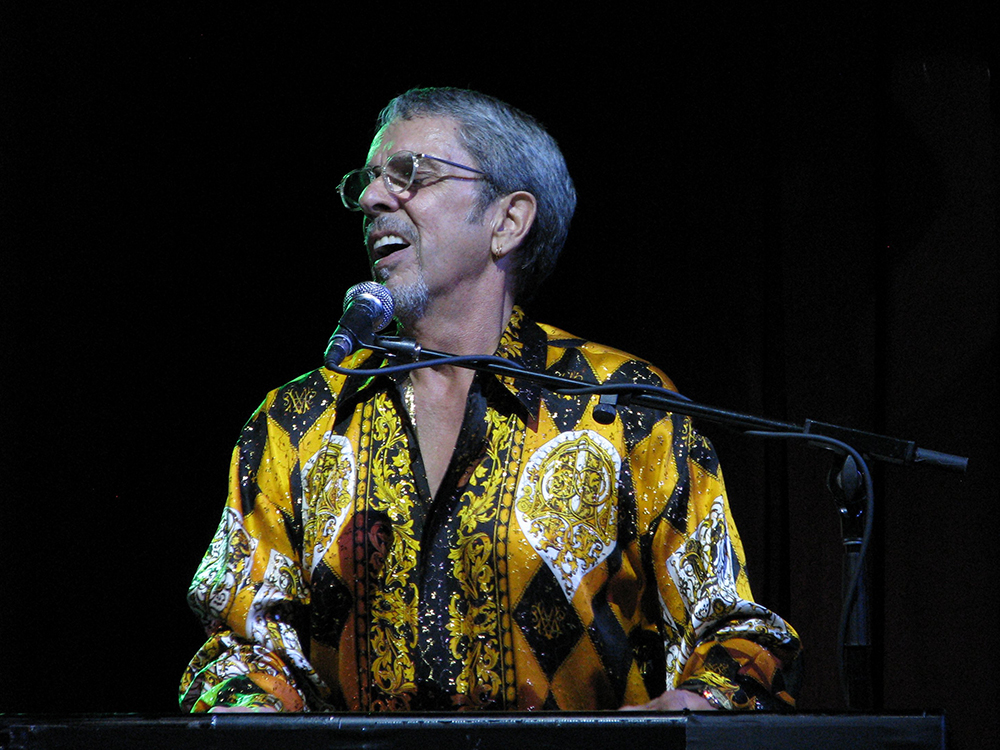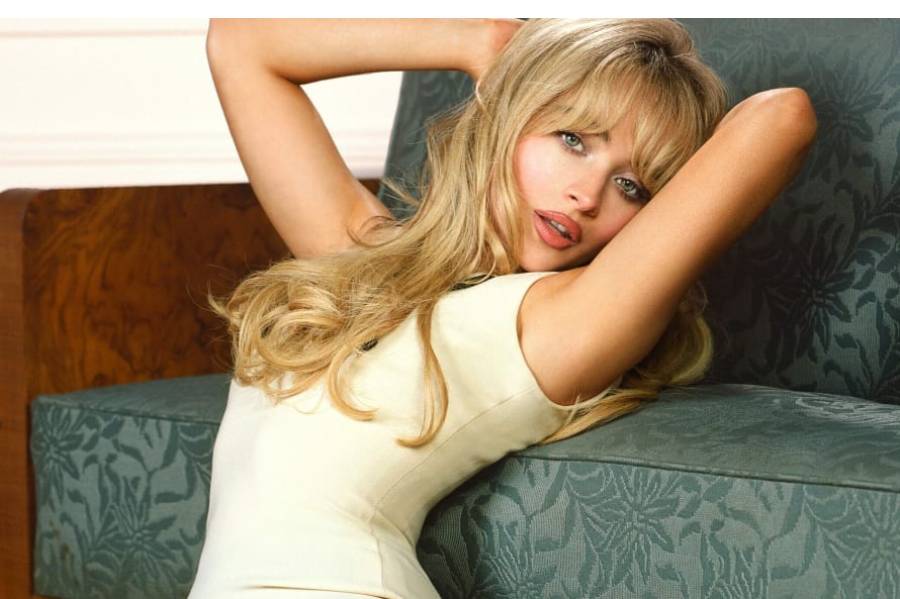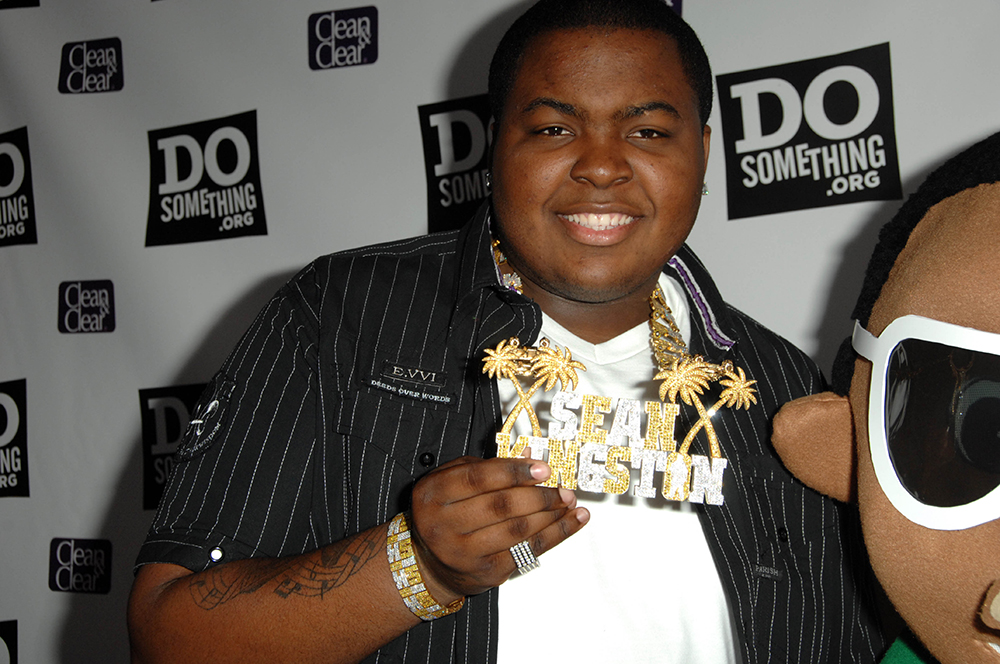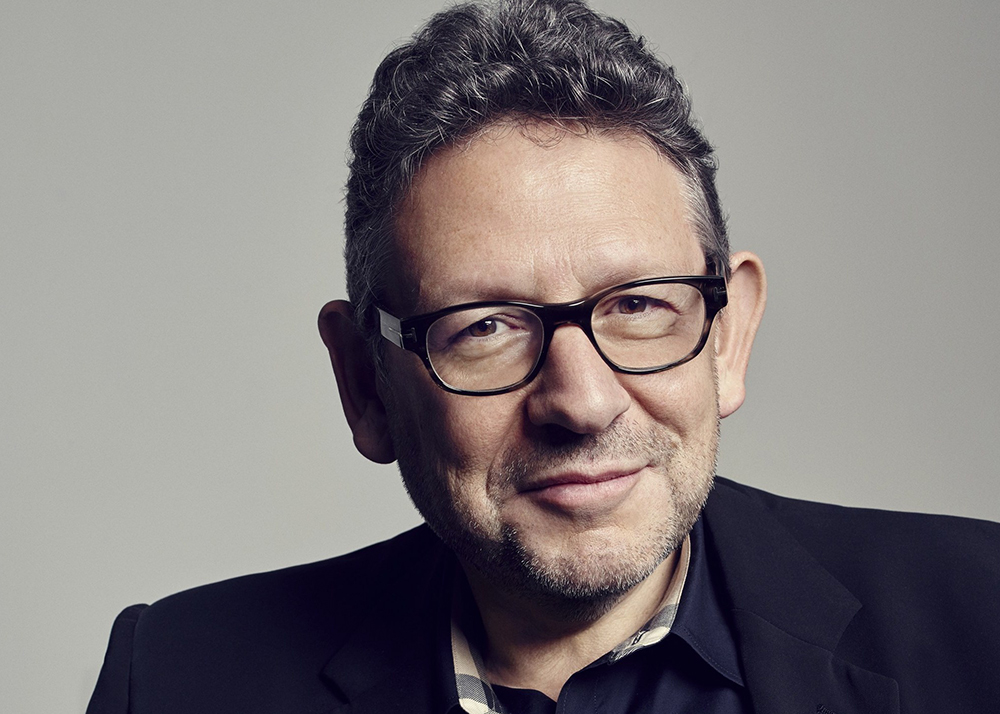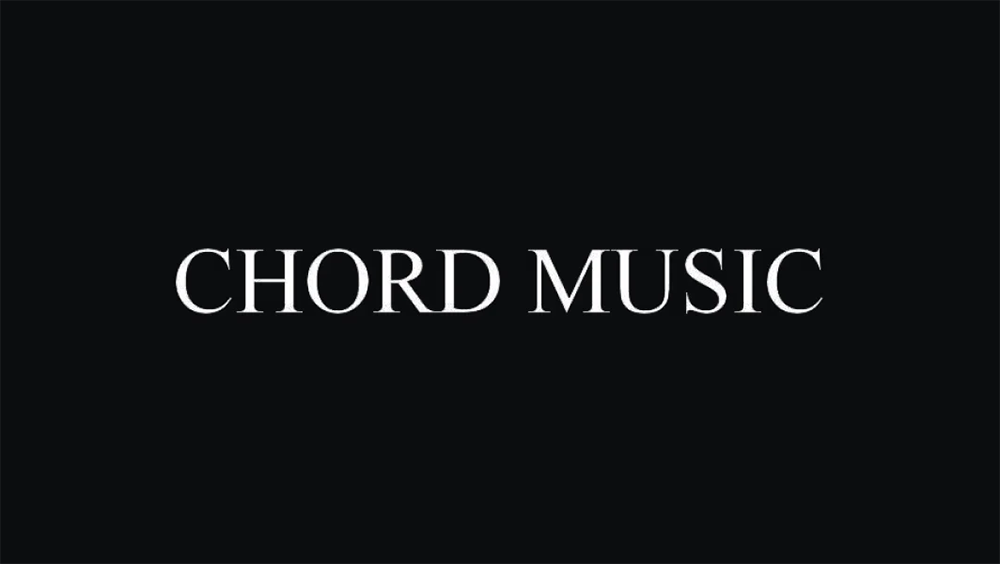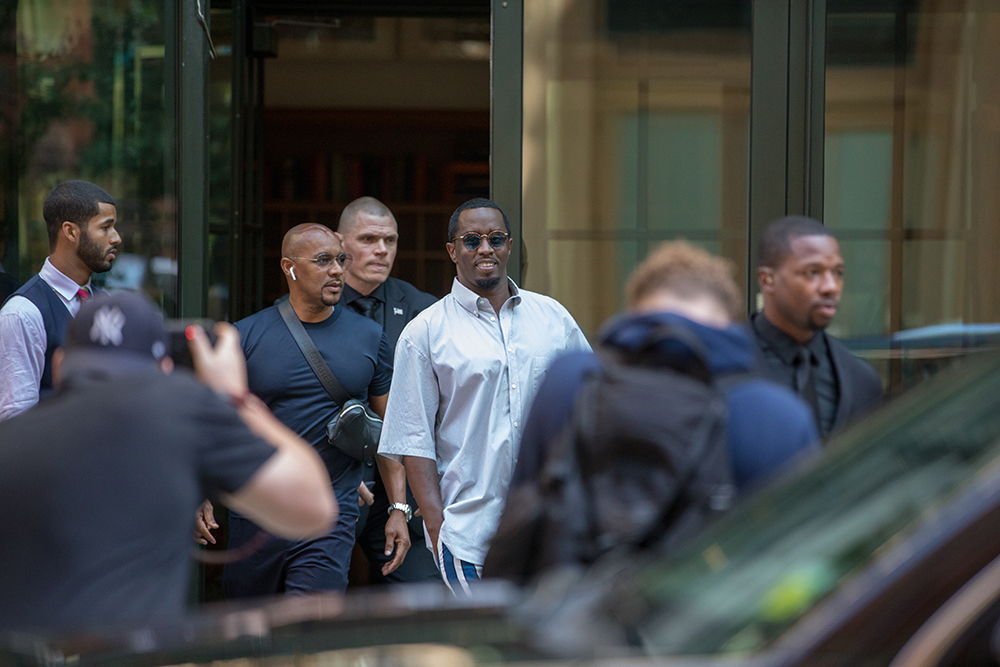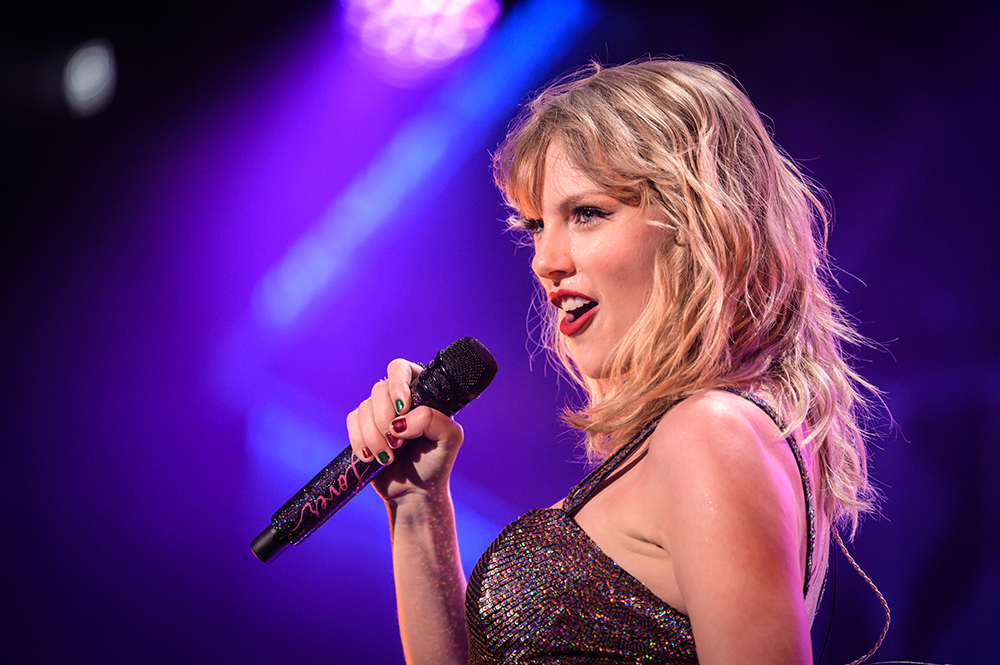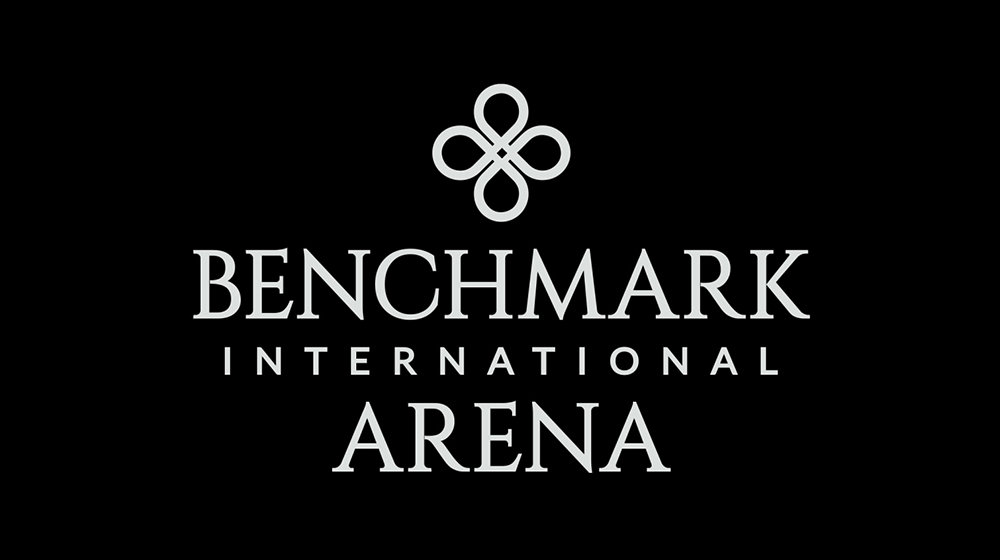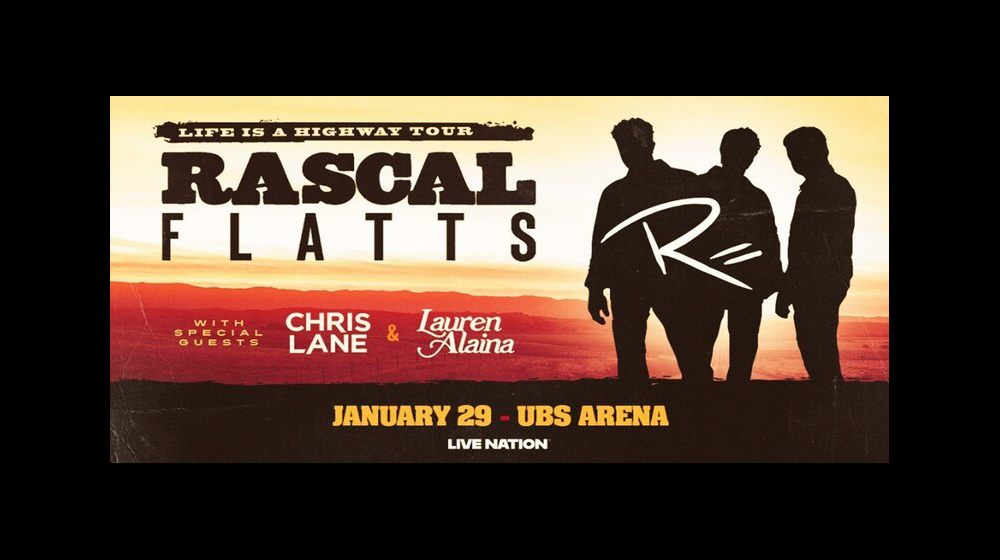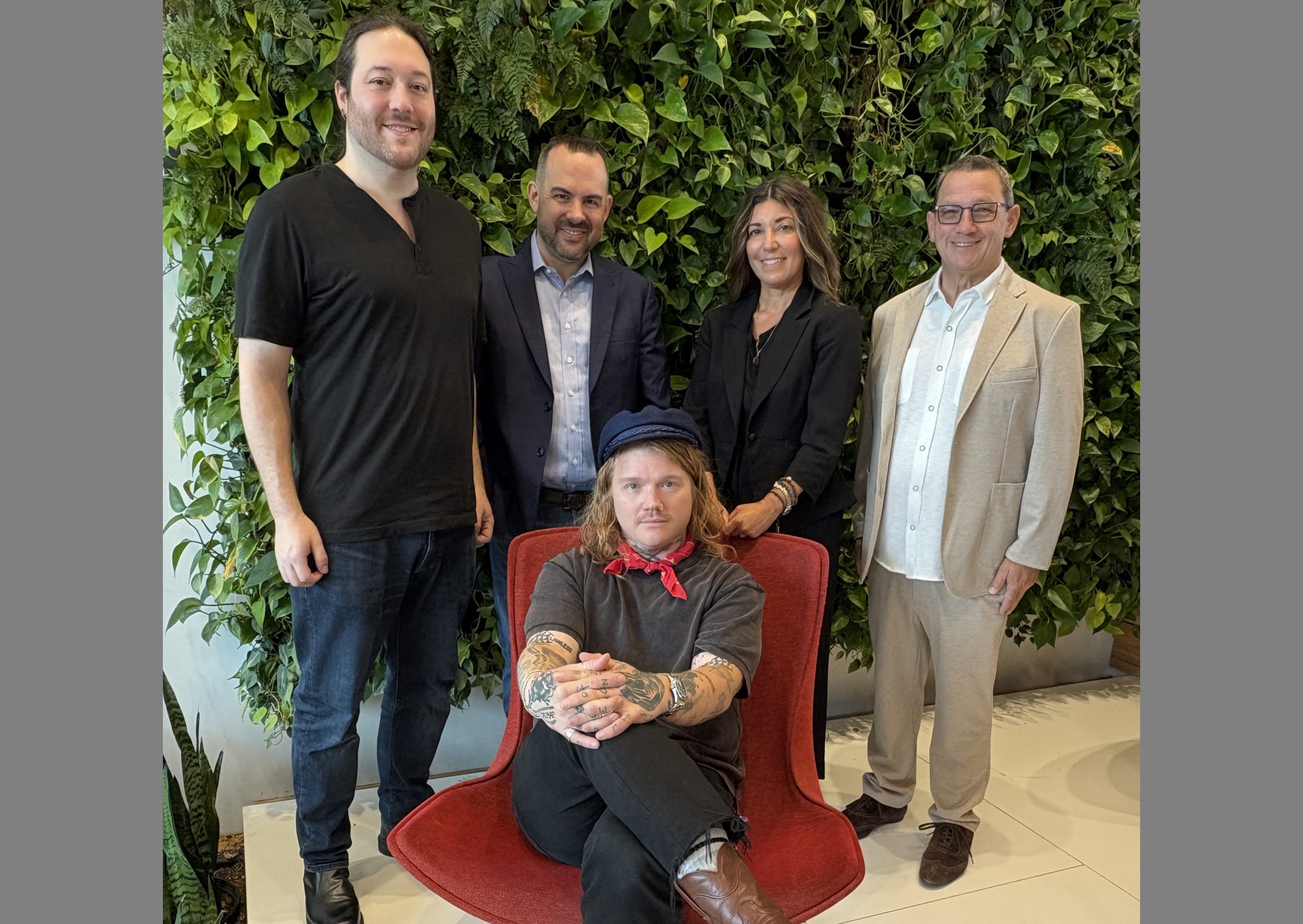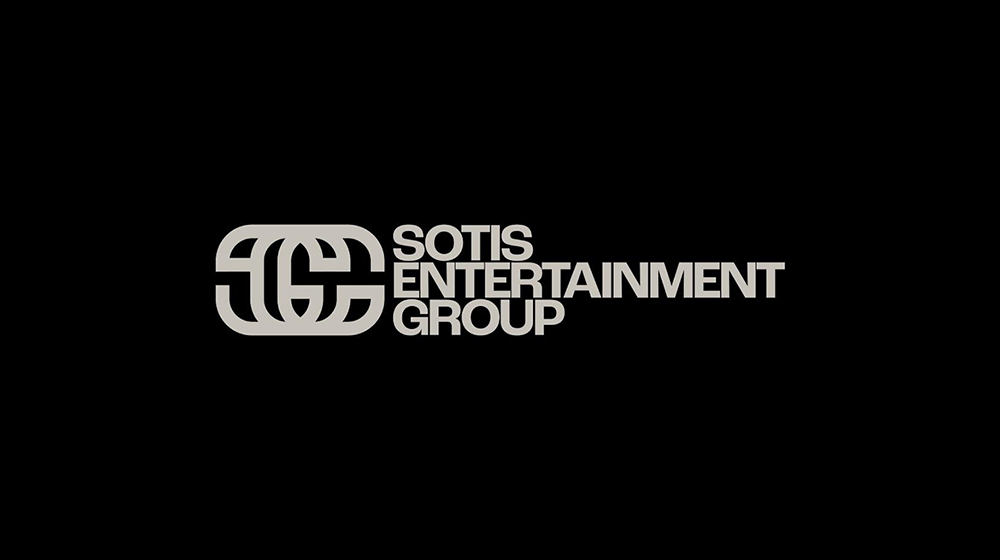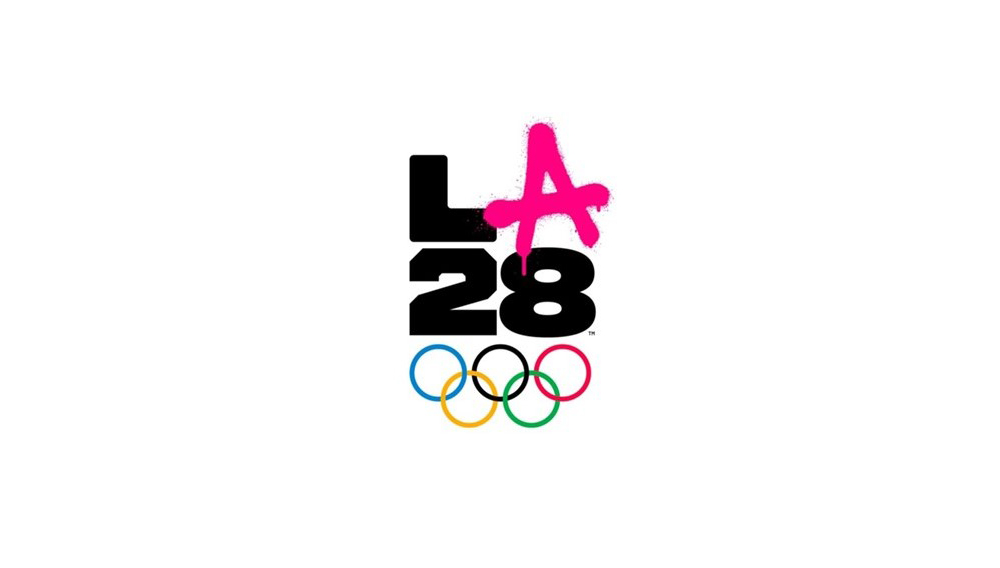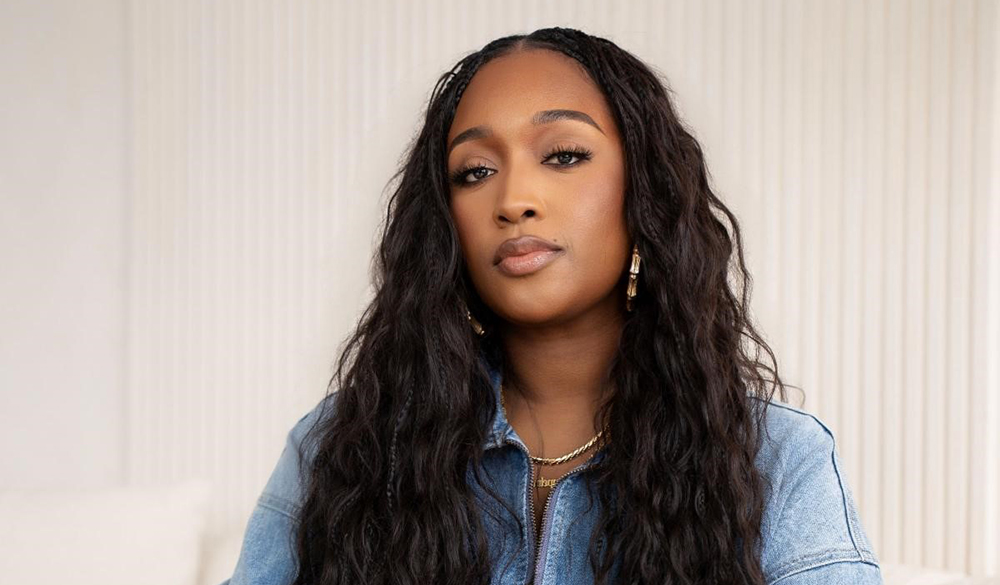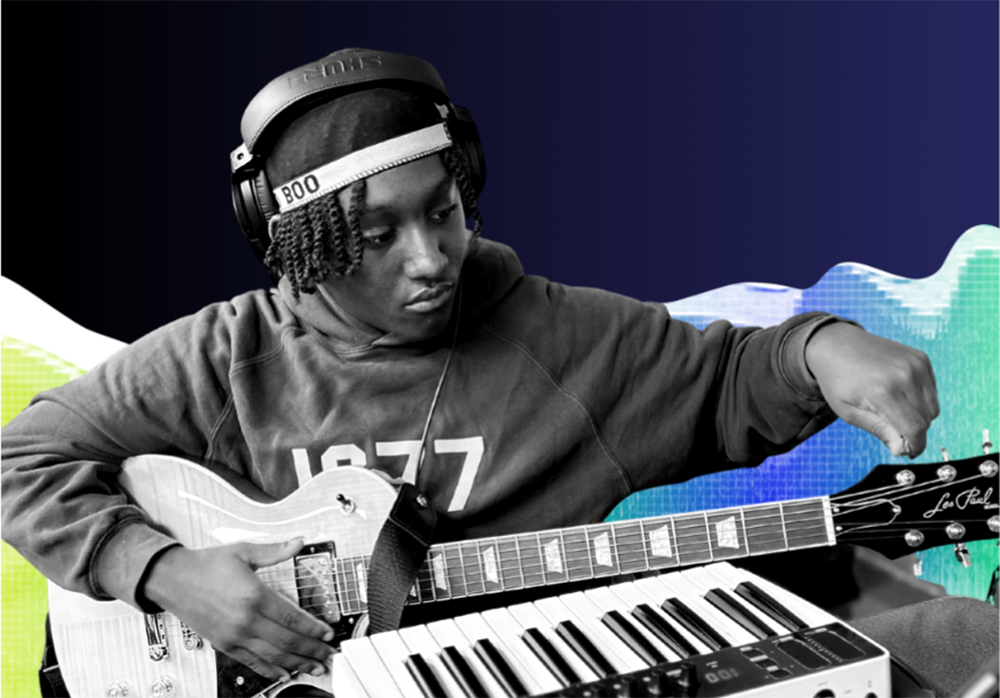(Hypebot) — Rachel Hunt is the Marketing Director for independent Cleveland music venues Grog Shop and B-Side Lounge. Her love of music runs deep including a 16 years-and-counting as a non-comm radio DJ. Hunt shares her story as well as what’s working in her daily battle to help fans discover new artists and sell more tickets.
Hypebot’s In The Trenches series is sponsored by venue, festival and promoter marketing solution Bandsintown PRO. It features the unsung heroes who make live music happen.
![]()
In The Trenches with Rachel Hunt of Grog Shop and B-Side Lounge
Tell us about yourself.

My name is Rachel Hunt, I’m the Marketing Director for Grog Shop, a 400-capacity independent venue located in Cleveland Heights, Ohio. We also own a smaller room (250-cap) called B-Side Lounge, located conveniently on the basement level of the same building, where I also assist with marketing, booking, and DJing.
I got my start in the music industry in 2009, when I became a programmer on WRUW-FM 91.1, Case Western Reserve University’s college radio station where I was also a freshman at the time. I still host two weekly shows on the station – Guilty Pleasures from 8-10 PM ET on Saturdays and Live From Cleveland, 10-11 PM ET Thursdays. In 2010 I had the chance to take on the responsibility of booking Live From Cleveland, which has run continuously with different hosts since the 1980s. The program features a different live band every week from Cleveland, and sometimes beyond.
In 2015, Grog Shop got wind of the booking I was doing for the radio program and as an entertainment coordinator for Night Market Cleveland, an open-air, summertime cultural event held in our Asiatown neighborhood May-September through 2020, and asked me to join their team. They realized that my skill-set was a lot broader than just local talent buying and I settled into a part-time role, which has grown into my current full-time career.
From 2021-2022 I worked at a boutique, full-service marketing agency that utilized many of the digital and grassroots strategies I’d learned on the job at Grog Shop, but for hospitals, pharmacies, higher education, and non-profit clients. As the music industry bounced back from the COVID-19 pandemic, Kathy Blackman, our owner, asked me to return and I got sucked right back into the chaos!
Tell us about the venue.
Grog Shop is a 400-capacity independent venue located in Cleveland Heights, Ohio. We host concerts as close to 365 days a year as possible; that’s the goal — to keep our bartenders, sound engineers, and us in business! We have been in the business for 33 years in September (it’s always easy for me to remember the club’s age because it’s one less than mine), and as you can imagine A LOT of things have changed over that time.
We’ve hosted countless acts on their way to arenas, some I’ve been here to see and others I’ve only heard the lore about, and also have had epic underplays by artists whom we hold a very special place in their hearts. Oasis, Girl Talk, Bruno Mars, Sabrina Carpenter, and Greta Van Fleet played here before anyone knew who they were. MGK, Built To Spill, Panic at The Disco!, Murder By Death, Brian Jonestown Massacre, Bouncing Souls, and so many more grew up in our room and just keep coming back for massive underplays or co-pros at larger spaces.
What does your typical workday look like?
Answering emails, scheduling announces and on-sales, social media management, ticket link building, adapting admat and editing videos, scheduling all of our ad buys through Meta and any additional paid promotion opportunities, entering ticket giveaway information, updating marketing spreadsheets, answering telephones, prepping nightly paperwork, and herding our revolving door of graphic design and marketing interns is all par for the course.
Weekly booking meetings, updating our website, preparing grant proposals, answering press inquiries and staying on top of street team activity also get thrown in as-needed. And how can I forget editing our weekly emailer!?
What ‘go to’ tools, strategies and outlets do you use to market most shows?
Self-serve ad buying is key to most of our digital marketing strategies because I am short on time and have a very tight budget for the majority of our concerts. We also present shows at larger venues, so whatever tools we’re using need to be easily translatable to their marketing team as well. If I could only have 3 apps to do my work, they would be Meta Ads Manager, Canva, and Bandinstown outside of our in-house emailer that is tied to TicketWeb.
Outside of that, we do a lot of grassroots promotion of our shows, and by that I mean hand-to-hand flyering, ticket giveaways on local radio, and working with local support. We have a “Multi” or rack card that lists around 24 of our upcoming shows front and back to send out via our street team. We also partner with many independent businesses and organizations to promote concerts to their members in email newsletter or through ticket giveaways at special events.
What newer marketing tools, strategies and outlets show the most promise?
I am a big fan of the recent developments being made to Bandsintown Pro. I have seen very competitive ROI and CPC rates since making the switch to Pro over self-serve emailers. The push notifications inside the app and reminders to followers over the course of an event’s timeline is a real game changer, and all I have to do is doublecheck that our shows have populated correctly to the platform.
I have to shout out Opendate, which most people think of as just a ticketing platform, but I think that they are approaching ticketing with a marketer’s mindset and taking a 360 look at the bigger picture when it comes to selling tickets to shows. SMS, a built-in email service that retargets abandoned carts automatically, and new Beta testing on pushing their own tickets directly to third party ticketing sites in order to aggressively compete with scammers are among the highlights of what they are offering right now.
More and more people have been talking to me about Reddit and TikTok when it comes to concert marketing. These platforms used to not be very user-friendly when it came to bottom funnel marketing strategies, but with self-serve ads rolling out on both platforms and the option to post ticket links directly on TikTok, things are rapidly moving forward on each platform allowing us as marketers to meet consumers where they’re at and I wish I had more time to explore both!
All of these marketing tools satisfy the biggest requirement that I’m looking for when employing new tactics, which is affordability. Whether free, bundled into your ticketing platform, or for less than $30 per show… these tools all get the job done for not a lot down.
Name a show or campaign that you were involved in where you felt you had the most impact and why?
The things I’m most proud of are the weird ideas that we’ve come up with at Grog to fill days that no one else wanted. I think many of our best campaigns happen because we are allowed to do the crazy or creative ideas that often get lost or not approved when you’re working with a nationwide tour with its own brand and identity.
We’ve convinced 250 people to show up to help us judge “The Great Grog Bake Off” in the middle of February, partnered with local non-profits and community organizations to engage their members to get tested for HIV or take a harm-reduction class to earn free tickets to a concert, and also built up an awesome B-Movie night called Midnight Rental with a vampy hostess named Lenora where we sell “boy dinners” aka pizza rolls, popcorn, and candy to enjoy during the film. Working with local bands to build their audience through promotional platforms that they might not have utilized before is also something that I love to do.
What do you wish more artists and teams would do differently that would make your job easier and help sell more tickets?
I always submit a marketing plan to artists’ management when requested, and I wish that touring agencies did the same for us so that we’re working together instead of guessing. I think this type of transparency could benefit everyone involved so that we’re not doubling down on the same types of campaigns and getting only half of the results than if we covered show-specific marketing and they utilized other platforms such as Spotify, TikTok, or YouTube to hit the areas that we’re not able to cover budget-wise.
Bruce Houghton

